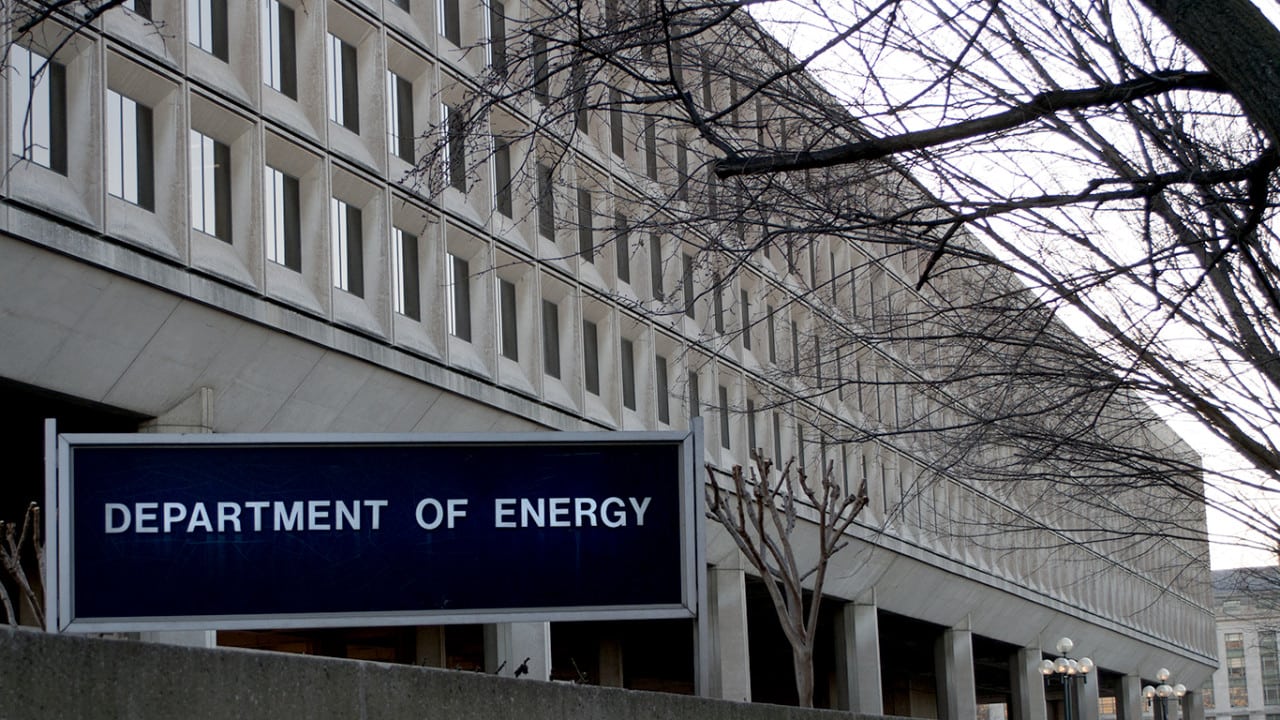
The Department of Energy on Tuesday published a new report about the agency’s plans for finding a willing host for a federal interim storage facility for spent nuclear fuel.
The document, which puts a federal interim storage site some 10 or 15 years in the future, assuming Congress changes existing law to make such a site legal, replaces a draft consent based siting process from 2017.
The 2023 consent based siting document dispenses almost entirely with the regulatory and technical discussions about site selection that featured heavily in the 2017 draft, opting instead to walk readers through an annotated flowchart about what consent based siting is and how, and when, communities can opt into our out of the process.
Also unlike the 2017 draft, the 2023 document focuses solely on interim storage, sidestepping considerations of a permanent repository.
“Unlike the 2017 draft consent-based siting process, this document does not include initial siting considerations or screening criteria,” DOE wrote in the 2023 consent based siting report, which runs 17 pages and about 1,500 words longer than the 2017 version. “DOE is developing separate guidance on these topics.”
According to the report, those guidelines would appear in phase 2 of the consent based siting process. DOE is now in the first phase, which began in December 2021 and, according to the report published Tuesday, will last two or three years and follow a second round of grants to communities interested in helping DOE refine the government’s definition of consent based siting.
The agency planned to award the first round of community grants by June or so, the report says, backing up DOE statements provided to the Exchange Monitor at the due date for grant applications in January.
With the proposed and authorized Yucca Mountain repository in Nevada politically dead and DOE legally barred from building an interim storage site, a pair of companies have proposed commercially operated interim storage sites.
Interim Storage Partners, a joint venture of Orano USA and Waste Control Specialists, proposed an interim storage site in west Texas and got a Nuclear Regulatory Commission license to operate the site in 2021.
Holtec International has proposed a similar site in Eddy County, N.M. The NRC planned to make a decision about a license for that site in May.
Both New Mexico and Texas have, since Interim Storage Partners got its NRC license, passed laws that would effectively make interim storage sites illegal.